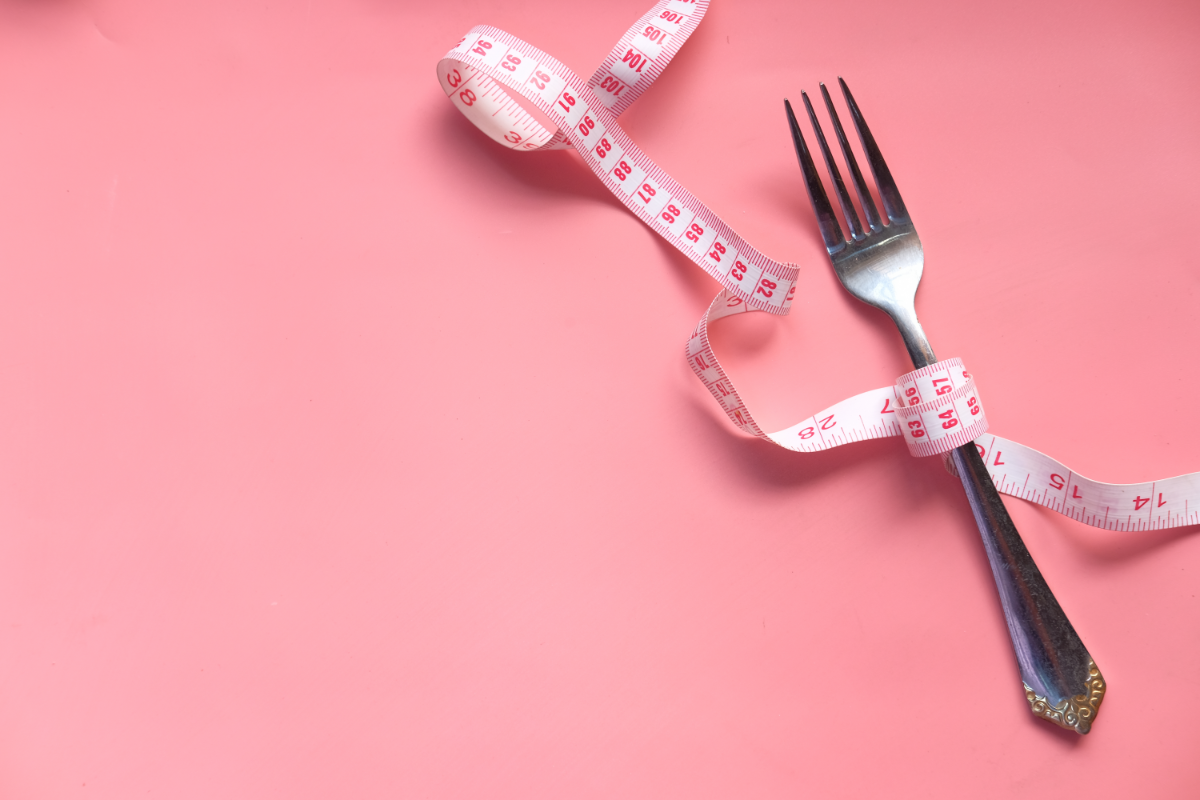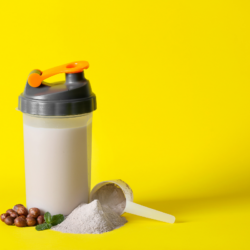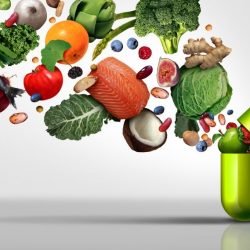Losing weight is the goal of many people, and different approaches and diets claim to help shed those extra pounds. One popular idea is that proteins play an important role in weight loss. But do proteins really make you lose weight? We’re going to explore the relationship between protein consumption and weight loss, looking at the scientific evidence to support this claim and providing information on how protein can be beneficial as part of a balanced diet.
The role of proteins in weight loss
Proteins are the building blocks of the body and play a crucial role in a number of physiological processes. When it comes to weight loss, proteins offer a number of advantages:
Increased satiety and reduced calorie intake
One of the main reasons why proteins are thought to help with weight loss is their effect on satiety. Protein-rich foods have been shown to increase feelings of satiety and reduce cravings. This can lead to an overall reduction in calorie intake, as people tend to consume fewer calories when they feel full for longer periods.
Preservation of lean muscle mass
During weight loss, it is essential to preserve lean muscle mass while targeting fat reserves. Proteins are vital for maintaining muscle mass and preventing its excessive breakdown during the weight loss process.
Increased energy expenditure
The Thermal Effect of Food (TEF) refers to the energy required to digest, absorb and process nutrients. Proteins have a higher thermic effect than carbohydrates and fats. This means that the body expends more energy digesting and metabolising proteins. This can also contribute to a slight increase in overall calorie expenditure.
The different sources of protein
Now that we understand the potential benefits of protein in weight loss, let’s explore some protein-rich foods that can be incorporated into a balanced diet:
Lean meat and poultry
Lean meats, such as chicken breast and turkey, are excellent sources of high-quality protein. They are low in fat and can provide the necessary nutrients while maintaining a balanced calorie intake.
Fish and seafood
Fish and seafood, such as salmon, tuna and prawns, are not only rich in protein, but also contain beneficial omega-3 fatty acids. These nutrients offer numerous health benefits and can support weight loss efforts.
Legumes and beans
Pulses, particularly lentils, chickpeas and black beans, are vegetable sources of protein that are rich in dietary fibre. They can help you feel full and promote healthy digestion.
Greek yoghurt
Greek yoghurt is an excellent choice for those who want to increase their protein intake. It contains more protein than ordinary yoghurt. What’s more, it can be eaten as a snack or added to smoothies and recipes.
Eggs
Eggs are a versatile and affordable source of protein. They are rich in essential amino acids and can be eaten in a variety of ways, such as boiled, scrambled or used as an ingredient in cooking.
Vegetable sources of protein
For people following a vegetarian or vegan diet, plant-based sources of protein such as tofu, tempeh and quinoa can be excellent options. These foods provide a range of nutrients and can contribute to weight loss goals.
High-protein food preparations and supplements
As well as foods naturally rich in protein, there are a variety of food preparations and high-protein high-protein food supplements that can help you supplement your daily protein intake. These products are specially designed to provide a concentrated dose of high quality protein this makes them an attractive option for those looking to lose weight and adopt a healthy lifestyle.
One of the major advantages of these high-protein food preparations and supplements is their convenience. They are practical to use and can be taken anywhere, whether at work, at the gym or on the move. Thanks to their practical format, they are an ideal solution for busy people who find it hard to find the time to prepare balanced meals.
What’s more, these products offer a wide variety of choices and flavours, making them a pleasure to eat. Whether you prefer protein shakes protein shakes, crispy protein bars or ready-to-eat soups and meals, there’s something for everyone. The variety of options available means you can vary your diet and avoid monotony, which is essential for maintaining a high level of motivation as part of a weight loss programme.
What’s more, these products are often formulated to be low in fat and sugar making them suitable for low-calorie diets. They can help you control your calorie intake while providing an adequate dose of protein to maintain muscle mass and promote satiety. By incorporating these high-protein food preparations and supplements into your diet, you can be sure of getting the nutrients you need while meeting your weight-loss targets.
However, it’s crucial to choose quality products and consume them in moderation. Opt for reputable, reliable brands that guarantee high-quality ingredients and strict manufacturing standards. Consulting a health professional or nutritionist is also highly recommended before incorporating these products into your diet. They will be able to advise you on the appropriate quantities to consume, the frequency of use and the best ways to incorporate them into your overall diet plan.
Conclusion
In conclusion, proteins can play a beneficial role in weight loss efforts. They promote satiety, help preserve lean muscle mass and increase calorie expenditure during digestion. By incorporating protein-rich foods, individuals can improve their weight loss journey. And all the while nourishing their bodies with essential nutrients. Don’t forget to maintain an overall calorie deficit and engage in regular physical activity for optimum results. The answer is yes, protein can be a valuable ally in your weight loss goals.
@soin.et.nature ?? Saviez-vous que manger des desserts peut en fait vous aider à PERDRE DU POIDS? ? Incroyable, n’est-ce pas ?! ? Voici notre secret : la crème dessert Protifast à l’arôme chocolat-noisette ?. Avec seulement 94 Kcal et 18g de protéines par portion, ce délicieux entremets peut vous aider à booster votre métabolisme et soutenir votre programme de musculation ?. Le chocolat est un ingrédient majeur, représentant 14% de cacao maigre, et la teneur en sucre n’est que de 1,2g, parfait pour un dessert sans culpabilité après le repas ! ? Mais ce n’est pas tout! Craquez pour la douceur de notre barre Insudiet Chocolat Caramel Fondant ??! Non seulement elle est riche en protéines pour maintenir votre masse musculaire, mais elle est aussi réduite en sucres et source de fibres et de 12 vitamines ??! Prêt à booster votre transformation? N’attendez plus et commandez votre pack gourmand dès aujourd’hui! ? Rendez-vous sur www.soin-et-nature.com ? Suivez-nous pour plus de conseils et d’astuces sur la nutrition et la perte de poids. ? N’oubliez pas de partager avec vos amis pour les aider aussi! ? #SoinEtNature #Protifast #Insudiet #Fitfam #Nutrition #PerteDePoids #Musculation #BoosterMetabolisme #GourmandSain #DessertProtéiné #Santé #VieSaine ??️♀️???????♀️??
FAQ
Here are some common questions about protein and weight loss, with concise answers:
Is it necessary to consume protein supplements to lose weight?
Protein supplements can be a practical way of increasing protein intake, particularly for people with specific dietary restrictions. However, complete food sources of protein should be the priority, as they offer additional nutrients and dietary fibre.
How much protein should I eat to lose weight?
Optimal protein intake for weight loss can vary depending on factors such as age, gender, activity level and overall calorie intake. A general guideline is to aim for around 0.8 to 1 gram of protein per kilogram of body weight.
Can protein help reduce abdominal fat?
A protein-rich diet, combined with overall calorie control and exercise, can help reduce abdominal fat. However, targeted reduction is not possible, and weight loss occurs generally throughout the body.
Should protein be consumed before or after exercise to lose weight?
Consuming protein before or after exercise can promote muscle recovery and growth. However, the timing of protein consumption is not the main factor in weight loss. It is more important to meet overall requirements throughout the day.
Are there any risks associated with high protein consumption?
In healthy people, high protein consumption is generally harmless. However, people with certain medical conditions, such as kidney disease, should consult a health professional before significantly increasing their protein intake.
Read more:
- https://www.ncbi.nlm.nih.gov/pmc/articles/PMC8468854/
- https://www.ncbi.nlm.nih.gov/pmc/articles/PMC7539343/
- https://pubmed.ncbi.nlm.nih.gov/25926512/
- Forever Strong, Dr Gabrielle Lyon.







